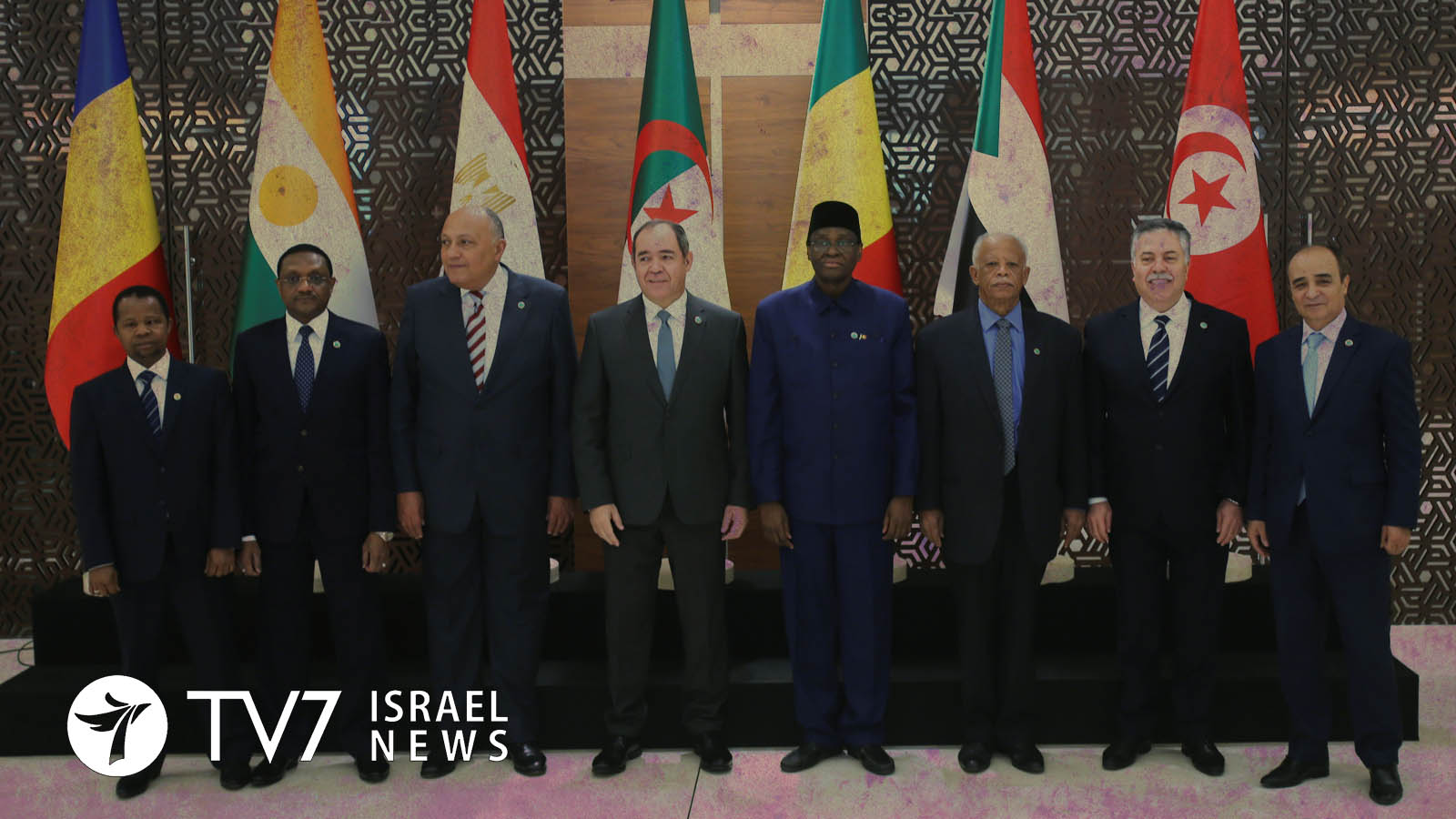German Chancellor Angela Merkel met with Turkish President Recep Tayyip Erdogan in Istanbul today, with Libya topping the agenda of critical international issues under discussion.
The summit comes on the heels of yesterday’s international conference in Algiers, convened to discuss ongoing efforts by Libya’s neighboring states to secure a long-term ceasefire agreement in the war-torn North African nation. Libya has had no stable central authority since dictator Muammar Gaddafi was overthrown by NATO-backed rebels in 2011. Two rival governments in the east and the west have competed for power for more than five years, with streets controlled by armed groups.
The eastern Libyan military commander Khalifa Haftar launched an assault last year with his Libyan National Army (LNA) to capture Tripoli with backing from Egypt, the United Arab Emirates, Russian mercenaries and African troops. The internationally-recognized Government of National Accord (GNA) is backed by Turkey, which has sent military advisers and trainers to help its armed forces ward off Haftar’s attack. Turkey rushed troops to Tripoli to help the GNA resist Haftar’s assault. Up to 2,000 Turkish-backed fighters from Syria’s civil war have also joined the battle, a U.N. official said on Saturday.
The conflict’s recent escalation has alarmed some of Libya’s neighbors, who fear it may provide more space for armed militant groups to operate across the Sahara and the Sahel region.
Algerian Foreign Minister Sabri Boukadoum expressed hope to the visiting envoys that the meeting in Algiers would strengthen a fragile truce in the country and help avert more foreign influence there. “The only solution for the Libyan crisis is a peaceful solution, a political solution,” he said during a news conference after the meeting with foreign ministers or other officials from Egypt, Tunisia, Chad, Niger, Sudan and Mali.
Heiko Maas, the Foreign Minister of Germany, which hosted a summit on the Libyan crisis on Sunday (January 19), also joined the meeting. The a one-day summit in Germany was aimed at producing a lasting ceasefire in Libya by restarting talks between opponents. Libyan rival camps and their foreign backers discussed ways to end the proxy war, which has displaced 140,000 and more than halved the country’s crude output. They also agreed to strengthen an arms embargo on Libya and shore up a shaky ceasefire – but the meeting was overshadowed by blockades on major oilfields by forces loyal to Haftar that could cripple the country’s crude production.
As with previous failed attempts, center stage of the meeting was occupied by Haftar, who on Monday (January 13) walked out on a Russo-Turkish summit – unlike his rival Fayez al-Serraj, the internationally recognized prime minister, who signed a lasting truce proposal put forward to both leaders. After abandoning the talks, Haftar escalated the conflict on Friday by closing oil ports in the areas under his control, amounting to more than half of Libya’s oil output. The National Oil Corporation (NOC) said the shutdown was directly ordered by Haftar’s forces and would cut oil production by 800,000 barrels a day.
Germany and the United Nations hope to persuade Russia, Turkey, the United Arab Emirates and Egypt to push their opposing camps to agree on a lasting truce in Tripoli, home to the GNA.
Russian President Vladimir Putin voiced his hope that the Berlin summit would bring further progress and that Moscow’s peace efforts had yielded first results. He added that Russia and Turkey had taken a “very good step” by urging Libyan factions to stop fighting, adding that large military actions had been stopped in Libya. Russia’s acting Foreign Minister Sergei Lavrov said a committee will be established under United Nations supervision to develop measures aimed at maintaining a ceasefire.
On a flight from Berlin after the summit, U.S. Secretary of State Mike Pompeo told reporters that progress had been made towards reaching a full-fledged ceasefire in Libya’s war, adding that he hoped Libyan oil facilities would reopen as a result of the talks. “We had most of the parties who have the capacity to improve the lives of the Libyan people. There was progress made towards a full-fledged ceasefire, a truce, temporary stand down,” said Pompeo, adding “There’s still a lot of work to do. It’s a complicated battlefield, but you had President Erdogan, President Putin, Chancellor Merkel all making a sincere commitment, Special Representative Salamé – all making a sincere commitment and said, ‘we’re going to do this.’”
After vowing “we’re going to reduce risk, we’re going to conduct a ceasefire, the top American diplomat acknowledged there are “still some questions about how well and how effectively can monitor this, but I’m optimistic that there will be less violence; and there’ll be an opportunity to begin the conversation that Special Representative Salamé has been trying to get going between the Libyan parties – much more likely today than it was before this meeting. So I appreciated what Chancellor Merkel was able to do.”
Ghassan Salamé is a Paris-based Lebanese academic who serves as the Head of the United Nations Support Mission in Libya (UNSMIL), ad advanced political mission created in the aftermath of the Libyan Civil War.
European Union Foreign Policy Chief Josep Borrell said the bloc is also willing to play a bigger role in Libya, and that the January 19 conference in Berlin ‘was the beginning of a process.’
